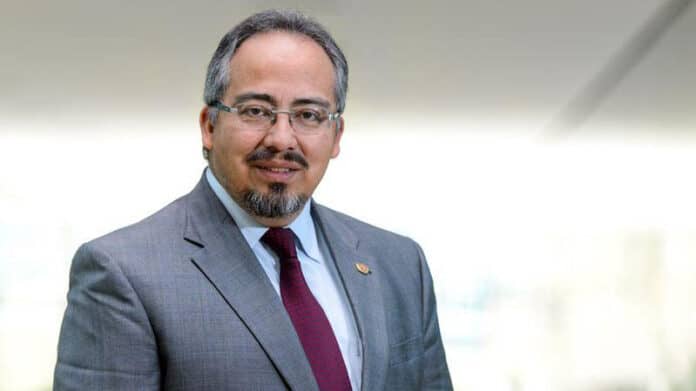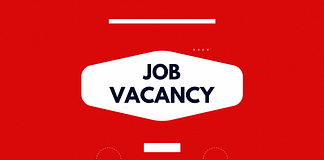
By Dr César Núñez
“Pivot” became one of 2020’s buzzwords. Governments, organizations and families alike have launched into different ways of living, learning and working.
The shock of COVID-19 is familiar for those who remember the start of the HIV pandemic almost forty years ago. Who could have imagined in the 1980s that what was then a mystery illness with a definite death sentence, would one day become well understood and utterly manageable?
Today, HIV can be diagnosed in minutes with a rapid test. For many patients it can be treated with one pill daily. HIV-free babies are routinely born to mothers living with HIV. Patients who are successfully treated and monitored can achieve an undetectable viral load. This means that they cannot transmit the virus.
This brave, new world was made possible by unprecedented and catalytic global solidarity. To get here we have needed the tenacity of research scientists, the will of policymakers and the courage of activists. In this region partners including the Global Fund and PEPFAR joined efforts with governments and civil society to turn the tide. Importantly, we embraced the idea that the best possible information and approaches should be available to people everywhere.
The Caribbean joined the community of nations in adopting a Fast-Track strategy to end AIDS. This meant shifting to radically new treatment protocols that many stakeholders found daunting at first. Not so long ago, a person who was diagnosed with HIV would not begin antiretroviral treatment until their illness was advanced. But since 2016 the World Health Organization (WHO) has recommended that treatment commence immediately, even if the person feels fine.
It was not easy or inexpensive, but most Caribbean countries transitioned to a “treat all” policy for providing antiretroviral therapy. Policymakers understood that the upfront investment would avert not only thousands of AIDS deaths, but also thousands of costly new infections.
Today, half of all people living with HIV in this region are virally suppressed and are therefore not infectious. Since 2010, AIDS-related deaths in the region have declined by 37% while new infections have fallen by 29%. We’ve moved beyond the still-valuable ABC of HIV prevention—abstain, be faithful, condomize. Now we’re also using treatment as prevention.

But Caribbean AIDS responses have not uniformly embraced best practices. For example, over the past several years, the WHO has endorsed a new HIV prevention strategy known as PrEP, short for pre-exposure prophylaxis. This entails the use of antiretroviral drugs to prevent an HIV negative person from becoming infected. Only the Bahamas and Barbados have rolled out this strategy nationally.
The same is true of HIV self-testing. In 2016 the WHO recommended that self-administered HIV tests be offered alongside long-standing voluntary counselling and testing services. Today, in many parts of the world, it is possible to purchase an HIV test in a pharmacy, administer it yourself and get the results in around twenty minutes. With appropriate regulation, states can ensure that quality, reliable tests are on the market. And with the right communication strategy, people can get information about how to confirm a positive result, access counselling and start treatment.
HIV self-testing policies are needed now more than ever. Three-quarters (77%) of people living with HIV in the Caribbean are aware of their status, as compared to the global average of 81%. In a modern response that calls for early diagnosis and treatment, too many of the region’s men are only diagnosed at the point of advanced HIV illness. And while some members of key populations like sex workers, gay men and transgender women have access to testing services, others have a hard time learning their status.
COVID-19 threatens to worsen the situation. People are being asked to limit their movement. They are more reluctant to go to clinics and hospitals. And they do not have the same access to community-provided services. At a time when we should be picking up the pace, a new pandemic threatens to slow progress.
That’s why on the occasion of World AIDS Day, UNAIDS joins the Pan American Health Organization (PAHO), the Pan Caribbean Partnership against HIV and AIDS (PANCAP), the President’s Emergency Plan for AIDS Relief (PEPFAR) and Caribbean civil society organizations involved in the AIDS response to call for Health Ministries and National AIDS Programs to adopt and implement HIV self-testing policies. The science, technical support and best practices are available to guide your progress from pilot to full implementation.
This is a pivot whose time has come.
Advertise with the mоѕt vіѕіtеd nеwѕ ѕіtе іn Antigua!
We offer fully customizable and flexible digital marketing packages.
Contact us at [email protected]















